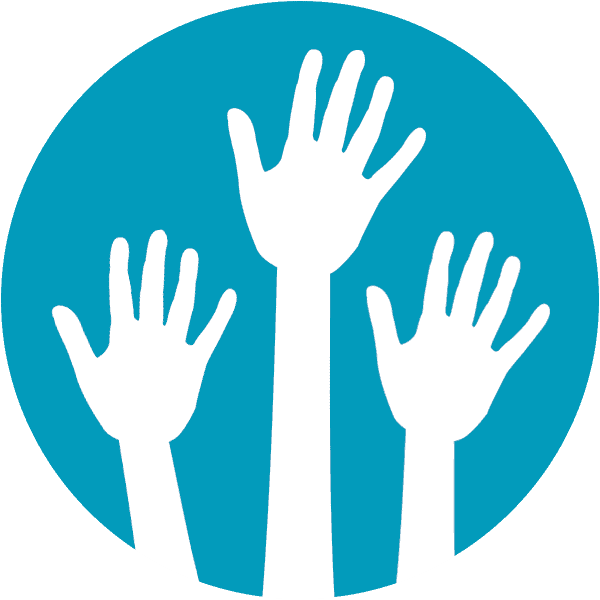Dystonia & Sleep
Good sleep is among the top self-care activities that can boost your coping and physical wellness.
- Individuals with dystonia frequently experience insomnia and problems with sleep.
- Insomnia may occur prior to developing dystonia, or as a result of dystonia.
- Some sources suggest more than 60% of individuals with dystonia have fatigue or day time sleepiness.
- Sleep problems may not automatically improve even if dystonia symptoms are well controlled.
- Fatigue and poor sleep quality are associated with the development or worsening of anxiety and depression.
- Sleep problems may require specific treatment. It can take time to find the combination of approaches that works best.
- Treatment for sleep difficulty may include learning new sleep habits, such building a routine around sleep, and getting in touch with your individual sleep cycles.
- Consuming alcohol, tobacco, caffeine, and certain medications (for example, to treat emphysema or COPD) may interfere with sleep.
- The presence of additional disorders, such as restless leg syndrome and sleep apnea, may prevent quality sleep.
- Caregivers are also at risk for problems with sleep.
- Sleeping well 75% of the time is within healthy range.
Adapted from the webinar “Sleep & Movement Disorders” with Danette C. Taylor, DO, MS, FACN, presented by Dystonia Medical Research Foundation and available:

The Dystonia Medical Research Foundation is a 501(c)(3) non-profit organization dedicated to advancing research for improved dystonia treatments and ultimately a cure, promoting awareness, and supporting the well-being of affected individuals and families.




One Response